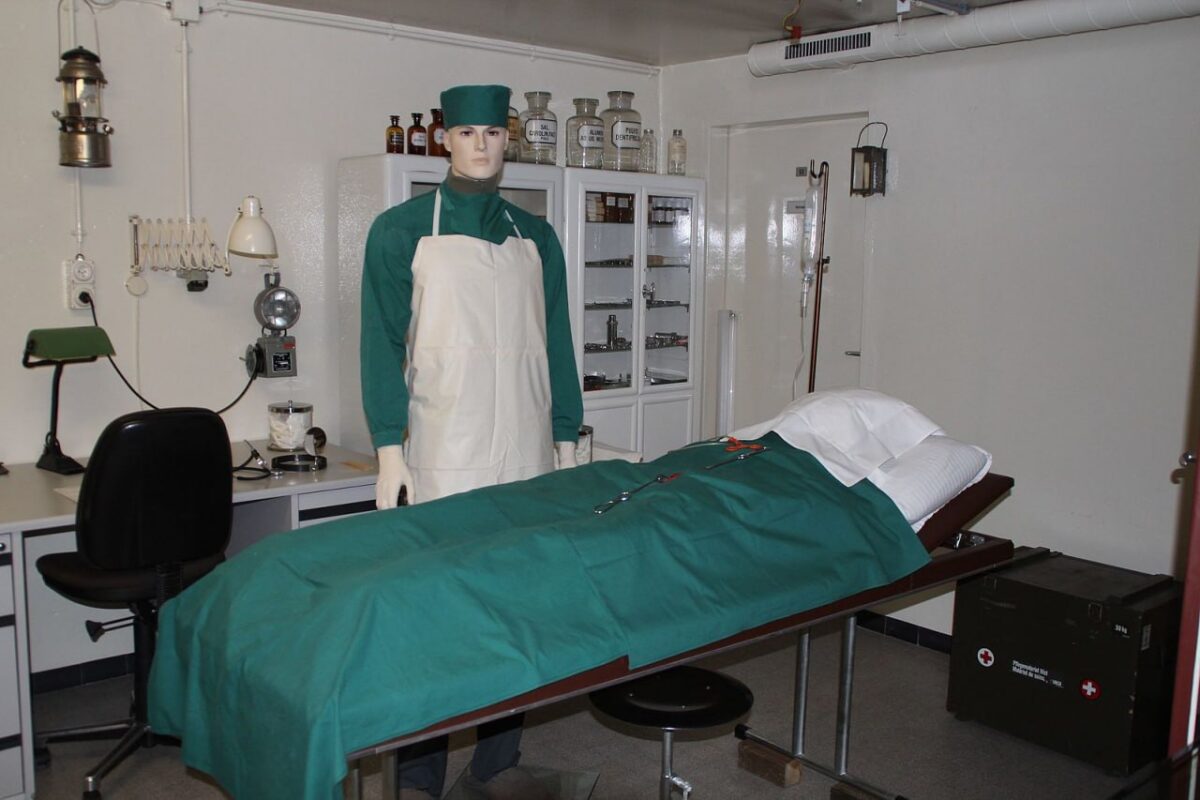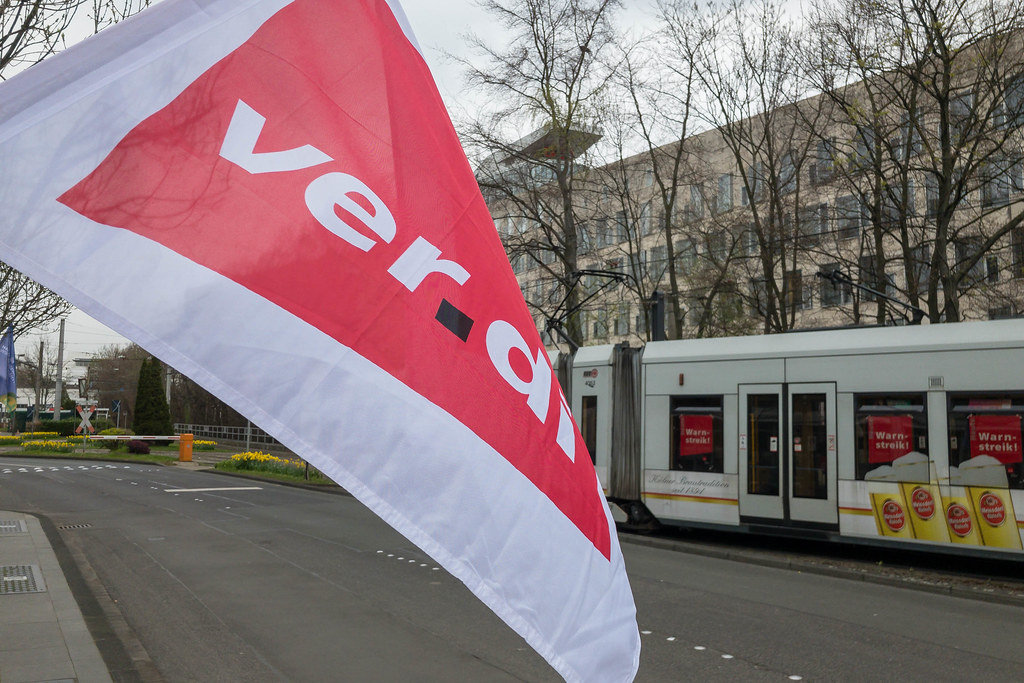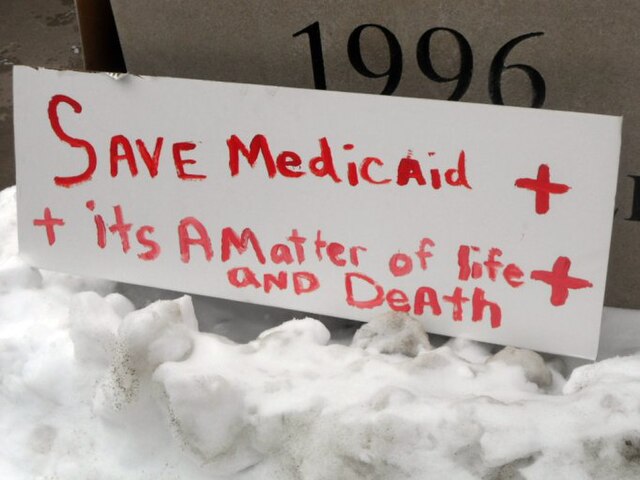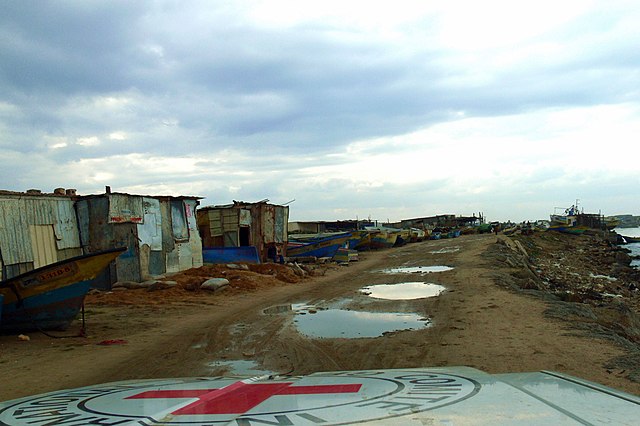You can read the first part of this article here.
Let’s replace the toxic paradigm of self-sacrifice with the liberating paradigm of self-care. But first we need to reclaim care for the self from the industry of self-care. Are you familiar with that famous Audre Lorde quote: self care is an act of political warfare? A whole industry of self-care has appropriated this emancipatory principle and has been supplying the bourgeoisie with endless pretexts for covering up their complicity and finding excuses for their ignorance, passivity, and lack of commitment in the face of the violence of exploitative, oppressive systems.
We have long been criticising this situation on the left, but let’s stop and ask ourselves to what extent this is emancipatory criticism and to what extent it is simply a manifestation of the belief that we are not worthy of care, space, and recognition? In the way that it was understood by Lorde and other radical activists alongside her, self-care, as a revolutionary act, means saying NO to capitalist time. And, implicitly, to say no to chasing after results and assigning value to your work based on productivity. If capitalist time is focused on visible results, revolutionary time is unpredictable and, most of the time, it is also lengthy. The consequences of our work can become visible in a shorter time than expected or over numerous years. Building rebel communities and anti-authoritarian social movements takes time and, at the end of the day, to ensure that we have the patience that this time demands, we need to take care of ourselves.
Self-care doesn’t necessarily have to lead to individualism or consumerism. Once we start seeing our bodies and hearts as more than just resources, to see them instead as repositories of our histories and as sources of wisdom that go beyond rationality, they become very precious. Understanding ourselves in such a way, we open the door towards also seeing other people in the same way, thus getting closer to an ideal of mutual care. Mutual care, according to iox, is a form of collective strength in the face of exploitation and destruction.
What I used to call rest consisted mostly of stopping due to exhaustion, rain checks or procrastination…rather they are interruptions in the accelerated and urgent rhythm of life in capitalist adversity…
Slowing Down and Resting
Let’s compare a slow, fluctuating time to the time of capitalism, to speed, productivity, and flow. Slowing down does not mean a break and it does not mean postponing, but is a real change of rhythm, which brings your body to the present and closer to your soul. When you slow down, you manage to hear your own breath, the beating of your heart, the silent and sustained rhythms of your body. You can understand and learn about all those places within you where your body has bandaged a wound, has replaced pain with pleasure or has locked away suffering. By slowing down, you can learn to rest.
The big revelation that burnout has brought me is that up until recently I actually had no idea how to rest. What I used to call rest consisted mostly of stopping due to exhaustion, rain checks or procrastination. Sometimes, in order to protect myself from intense and unreasonable work rhythms, I would just bail. All these ways of stopping were not really planned and, sometimes, I was not even aware of them. Often, I needed the legitimation of other comrades who would say: just go to sleep, it’s too late to be working now, or you are allowed to have fun or screw work, even if it’s activism. When this is what most of your breaks look like, you can’t call them rest. Rather, they are interruptions in the accelerated and urgent rhythm of life in capitalist adversity, where sleep is functional and purely pragmatic.
Burnout has forced me to slow down and stop. The following were deafening at first: intrusive thoughts, restlessness, stifling anxiety. Fear, guilt, shame, guilt, fear; they all come crashing down when you stop. I was scared about what will other people think, if I stop doing this? And, in truth, this is possible; you will disappoint. By facing this fear, I realised that, first of all, I needed to be kinder to myself. And if people around me do end up disappointed, this is also part of love outside of punishment.
Through kindness, I discovered that, for me, rest is first and foremost a change of inner rhythm. From the fast and disciplined rhythm of work, I moved on to a disorganised rhythm, one that more closely follows my inner occurrences. Rest became a place of not only physical but also psychical regeneration, in which I am trying to learn what is truly restorative for me, outside of the model of normative society. When I manage to do it right, rest is a space of daydreaming, regardless of whether these dreams are realistic or truly fantastic.
In fact, it’s not moments of indulgence that make you lose your motivation – burnout does.
Pleasure, Pleasure, Pleasure
Three times pleasure because it’s like we are even ashamed to say this word. I sometimes think that we completely internalised capitalist and consumerist bullshit. We believe that pleasure is some sort of bourgeois indulgence, a matter of consumerism, shopping and entertainment. I noticed about me and others that we cannot allow ourselves to feel pleasure, as if that would make us so indulgent that we would forget our motivation, our revolution and everything else. Since when is indulgence almost synonymous with perpetuating oppression? Could it be that it’s been so ever since capitalism has convinced us that being lazy and wasting time is a bad thing?
In fact, it’s not moments of indulgence that make you lose your motivation – burnout does. I lost not only my motivation, but also my hope and even my sense of self; you can no longer tell why you’re doing the things you’re doing, what used to drive you, what your motivation was, where your satisfaction used to come from in your day to day and in the long run. If you’re a little bit like me, then your motivation is strongly bound up with your narrative about yourself: who you are, how you think of yourself, how you relate to other people. By losing these fundamental milestones, you end up de-personalised.
In slowing down, in rest and extended time, you can listen to your body and allow it to show you (again) who you are. Pleasure can be a way to anchor yourself, a way to allow your body to remind you of who you are, what brings you pleasure. Going beyond hedonism or immediate satisfaction, pleasure is that place where your spirit feels at home and happy hormones are not there to cover up negative experiences, but to heal them. Such an experience can teach you to listen to yourself, to hear what your body, your heart, your intuition are saying. This way, you can reach what you really wish for, going beyond immediate or medium-term goals, beyond normative family-home-career scenarios.
I was always of the opinion that it’s a good thing to fight my limits, but this way of thinking has led me to live a life of hardness, has almost turned me into my own guard.
Tenderness, Gentleness, and Sweetness
When political work has no room for pleasure, it means that anger and pain are its sole driving forces. Satisfaction becomes marginal, subsumed within this anger. My anger has served me well, has even helped me survive, but it has also harmed me greatly.
This is not my first burnout. The other two times this happened, I was even more disconnected from my own body, even deeper inside this paradigm of anger and excessive energy. This constant activity and the complete depletion of my body’s resources even led me to hallucinations one time. It was only then that I realised I was experiencing a burnout. That time, it hadn’t been any series of unfortunate events in combination with excessive work, but simply uninterrupted, draining, high-paced and high charged work. Anger was my main affect at that point. I learned to spit fire, to grow sharp fangs, to bite and not just bark – all these are things I’ve had lovingly said to me by friends. All this fierceness has probably helped lead me somewhere in life, but it’s also cost me my tenderness and my gentleness.
Here I mean mostly tenderness towards myself, and not other people. That, and having understanding for yourself, seeking regenerative rest and rediscovering pleasure, kindness, and tenderness towards yourself are essential not only to avoid a burnout, but also to overcome it. I was always of the opinion that it’s a good thing to fight my limits, but this way of thinking has led me to live a life of hardness, has almost turned me into my own guard.
Sometimes, however, it might be that we deny ourselves kindness and push on with extreme work in order to stop ourselves from feeling things. Because we know, more or less consciously, that those feelings waiting to come up are endless deception, and a very broken heart. A very broken heart however needs exactly that kind of tenderness and sweetness: allowing yourself physical and emotional comfort, with great care for all the small things they can bring you. Living everyday alongside small, necessary evils is not a virtue. Being your own guard and exploiter does not lead to progress. But there are ways in which you can contribute to the political change you are dreaming of while also being kind to yourself – which, to me, sounds like a great success.
In the end, the care I received has made me more modest and more trusting in my communities
On Collective Practices
Having had the privilege of working in anti-capitalist environments, my colleagues understood my burnout and I enjoyed their support while it was happening. Their camaraderie meant less guilt and the reassurance that, eventually and despite everything, it will all be ok.
These people around me understood burnout as an aspect of mental health and so instituted good practices from the domain of anti-sanist activism. It’s important to remember that a person doesn’t choose to experience a burnout, and cannot choose to get over it. In my case, my healing, my recovery after this profound crisis took six months. This means that, for about half a year, I’ve had to diminish my workload from 9-10 hours a day to about 2 or 3. This change which has allowed me to heal would have been almost impossible in normative work environments.
In the big bad world, you can only allow yourself change of this magnitude if you are a boss or a CEO. Otherwise, for precarious workers, reducing your workload to a third of it means also reducing your income and benefits accordingly, and creating professional hardship in the long run. On this note, it is important not to forget the material aspects of our work. Even if they are not the focus of this article, it would be impossible to stop work or to heal without integrating them in our planning. So, next time we are thinking about the (re)distribution of resources in our collectives, we should keep in mind that it might become necessary to cover for the temporary withdrawal of our members.
The support and understanding that I enjoyed have also meant that I didn’t feel so alone. That might actually be one reason why we sometimes keep postponing a long-needed break: we fear the loneliness, we fear the loss of connection with our comrades. We’ll lose track of the last social media debates, we’ll lose track of all the projects, travelling, organising. Ideally, however, a break away from work should not lead to isolation and solitude. One important thing that I was lucky to receive therefore has been the reassurance that my burnout will not exclude me from the social life and the emotional rhythm of political work. That I’ll still be part of the gang, so to say.
There, in my burnout, I understood that one of the toxic drives of my extreme work ethic was the fear that if I allowed myself a break, if I changed the way I worked, I would no longer be loved, appreciated, seen. Even before, I knew that appreciation was important and that it is not a damnable thing to seek and need recognition for our efforts, especially when it comes to our communities. However, it was only when I reached my limits that I realised that it wasn’t clear to me to what extent people around me liked me beyond the work I did. Even if this is a terrifying perspective, burnout leaves you with no other choice but to find out.
This is the moment when you can allow yourself to fall back into the arms of your community, to let show your frailty and vulnerability. By stretching out your hands full of all your accumulated pain, you can learn to ask for and receive care. Asking for and receiving care are hard to imagine and live for many of us. For me, at least, it’s a very fragile and painful emotional space. Don’t be like me, learn to practice care before you reach an acute crisis. In the end, the care I received has made me more modest and more trusting in my communities: a kind of increased self-assurance, but anchored in those who I know love me.
…it’s important to have workspaces which strive towards eliminating the pressure of productivity, of always delivering and towards dismantling the moral hierarchy that exists between those who work more and those who work less…
What My Burnout Has Taught Me
In the world of activism, where we have more autonomy and self-organisation and less power hierarchies than in other fields of activity, we have more control over our work conditions. Looking at this from an anti-capitalist perspective aiming to prevent burnout, it’s important to have workspaces which strive towards eliminating the pressure of productivity, of always delivering and towards dismantling the moral hierarchy that exists between those who work more and those who work less. And then, based on my experience, once the burnout has happened, it is essential to receive reassurances that everything will be well, that you’re not to blame, that you will not be alone, to receive continued material support and recognition. And you, the person going through the hard time, need to make an effort to learn how to ask for and receive care and then you need to forgive yourself.
Forgive yourself, it’s very important that you forgive yourself! Even is those around you are acting nicely, even if they are offering you care and support, even if you manage to give yourself time, to slow down, to find pleasure, to rest, at the end of the day, you might still be left with some guilt. And there, in that painful place within yourself where you believe you’re not worthy of rest or pleasure, that there is no recognition outside of much work, that’s where you need to forgive yourself.
We become embittered if we don’t forgive ourselves. We collect resentments and they stay with us, turning into alienation and cynicism, even if we do manage to allow ourselves breaks. And then we return to helplessness, we lose the motivation that drives our fight. The forgiveness I speak of might be a longer and more complicated process than overcoming burnout. Rummaging through your soul and facing debts and guilt that have been there for who knows how long is hard, to say the least. In the first stages, forgiving myself has shown me that I no longer have to prove anything to anyone and that a little extra modesty, in the form of taking a step back, is very liberating. Becoming vulnerable and trusting those around you allows you to let go in a liberating way, in this form of modesty and taking a step back. And this step back means both taking on a background role which allows other to bring about new version of your collective utopia, and believing in your communities, who know where to go even beyond what you can offer them.
The article first appeared in Romanian on the CUTRA website. Translation: Anisia Petcu. Reproduced with permission.




